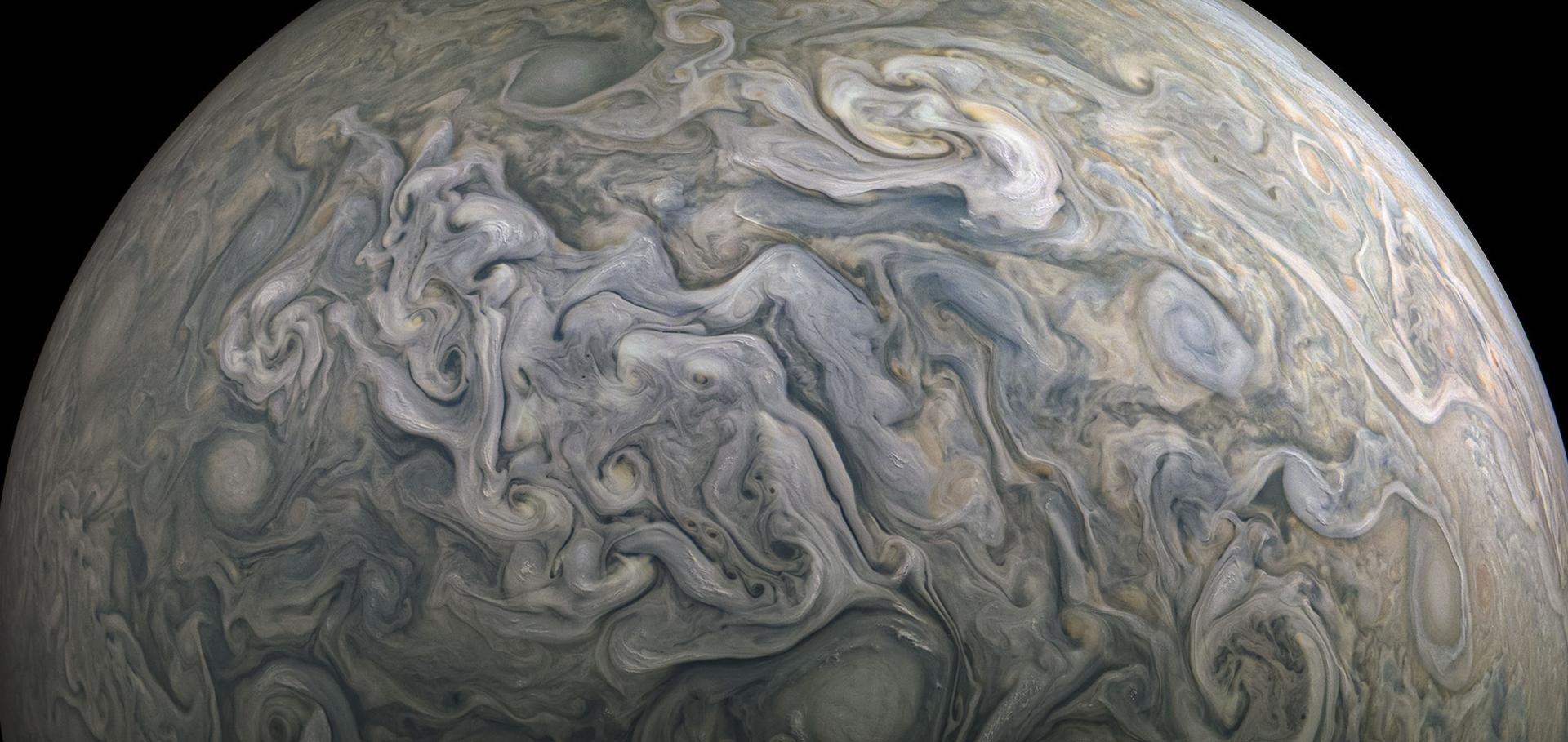Small and mesoscale processes and their impact on the large scale: An introduction
Deep-Sea Research Part II: Topical Studies in Oceanography 51:25-26 SPEC. ISS. (2004) 2883-2887
Abstract:
Great progress has been made in understanding the role of small- and mesoscale processes on the large-scale structure and circulation of the oceans. However, many questions remain regarding the sensitivity of the large-scale ocean circulation and hence the earth's climate, to rates of stirring, mixing, and dissipation supported by ocean eddies, internal waves, and boundary layers. Although such relatively small-scale oceanic phenomena are ubiquitous, we lack detailed knowledge about their interaction with the large-scale motions, as well as their interactions amongst themselves. Contributions are presented from observational, theoretical, and modeling studies that focus on small- and mesoscale ocean processes, and some parameterizations of these processes for use in studies of the large-scale circulation. The range of topics is relatively broad, with most focus on internal wave generation, flow-topography interaction, and small- and mesoscale processes involved in ocean mixing. General conclusions emphasize the notion of localized mixing and the importance of interaction between waves, eddies, and topography, and the importance of interactions between oceanic motions and the background density stratification. © 2004 Elsevier Ltd. All rights reserved.Global teleconnections of meridional overturning circulation anomalies
Journal of Physical Oceanography 34:7 (2004) 1702-1722
Abstract:
There is a wide range of evidence from both models and palaeoclimatic data that indicates the possibility of abrupt changes in the oceanic meridional overturning circulation (MOC). However, much of our dynamical understanding of the MOC comes from steady-state models that rely upon the assumption of thermodynamic equilibrium and are therefore only valid on millennial time scales. Here a dynamical model for the global teleconnections of MOC anomalies on annual to multidecadal time scales is developed. It is based on a linear theory for the propagation of zonally integrated meridional transport anomalies in a reduced-gravity ocean and allows for multiple ocean basins connected by a circumpolar channel to the south. The theory demonstrates that the equator acts as a low-pass filter to MOC anomalies. As a consequence, MOC anomalies on decadal and shorter time scales are confined to the hemispheric basin in which they are generated and have little impact on the remainder of the global ocean. The linear theory is compared with the results of a global nonlinear numerical integration, which it reproduces to a good approximation. © 2004 American Meteorological Society.Small and mesoscale processes and their impact on the large scale - Preface
DEEP-SEA RESEARCH PART II-TOPICAL STUDIES IN OCEANOGRAPHY 51:25-26 (2004) 2881-2881
Understanding the structure of the subtropical thermocline
Journal of Physical Oceanography 33:6 (2003) 1240-1249
Abstract:
Closing a gyre with a western boundary current imposes a constraint on its vertical structure that requires there to be no net vertical flux of potential vorticity through any closed pressure contour in steady state. This constraint resembles the traditional similarity balance for the internal thermocline, with additional terms representing friction in the western boundary current and convection in the mixed layer. The terms in the integral constraint are diagnosed in a planetary geostrophic ocean model and are used to understand the coexistence of ventilated and internal thermoclines within the subtropical gyre.A Theory for the Surface Atlantic Response to Thermohaline Variability
Journal of Physical Oceanography 32 (2002) 1121-1132


